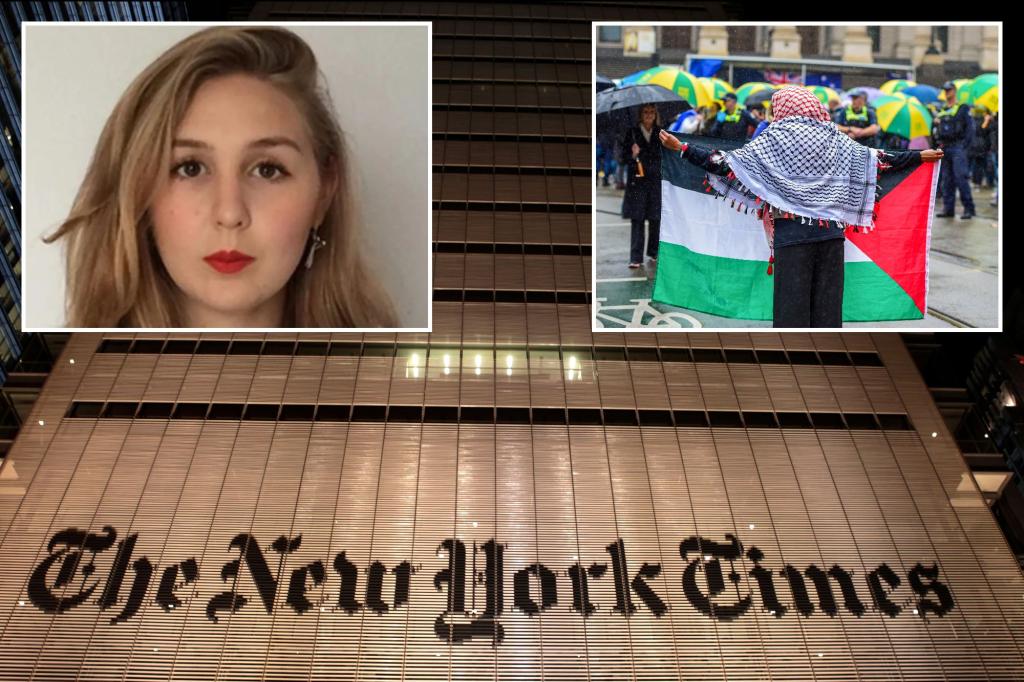Around two dozen Jewish professionals are considering pursuing legal action against The New York Times after being doxed and harassed by pro-Palestinian supporters following the leak of private WhatsApp group information by a Times journalist. Jeremy Leibler, the head of the Zionist Federation of Australia, may lead a class-action lawsuit on behalf of more than 25 individuals whose identities were exposed as part of the group with over 600 members. The impact of the doxing on the employment and mental health of those affected is being taken seriously, and all legal options are being explored.
The journalist in question, Natasha Frost, based in Melbourne, admitted to leaking the contents of the WhatsApp group to a third party, though she claimed she did not intend for it to lead to doxxing and harassment. Despite demands from Leibler for her dismissal, The New York Times stated that it took appropriate action against Frost and that she continues to be employed by the newspaper. Leibler believed that Frost’s actions constituted a severe breach of trust that resulted in significant harm to many individuals affected by the doxing.
Enforcement officials in Australia are investigating the reported harassment incidents, although Frost is not under investigation as she is not suspected of any criminal offenses. The Wall Street Journal reported that The New York Times disciplined Frost for accessing the WhatsApp group shortly after Hamas terrorist attacks in October. Frost’s participation in a story about Antoinette Lattouf, an Australian journalist of Lebanese descent who faced backlash over anti-Israel social media posts, also contributed to the situation.
The controversy surrounding Lattouf’s hiring stirred outrage among supporters of Israel, prompting the WhatsApp group members to mobilize a campaign against the Australian Broadcasting Corporation for her removal. Following the publication of a Times story co-authored by Frost related to the events, group members started experiencing in-person and online harassment from pro-Palestinian sympathizers. Jewish business owners faced vandalism and death threats as a result of the backlash.
The New York Times acknowledged that Frost improperly shared information with the subject of a story, violating ethical guidelines. The dissemination and misuse of the information were carried out without her knowledge or consent. Frost expressed shock at the events that followed, acknowledging the risks posed not only to herself but also to others involved. She expressed deep regret over her decision, emphasizing the unintended consequences of her actions and the harm caused to individuals affected by the doxing and subsequent harassment.


